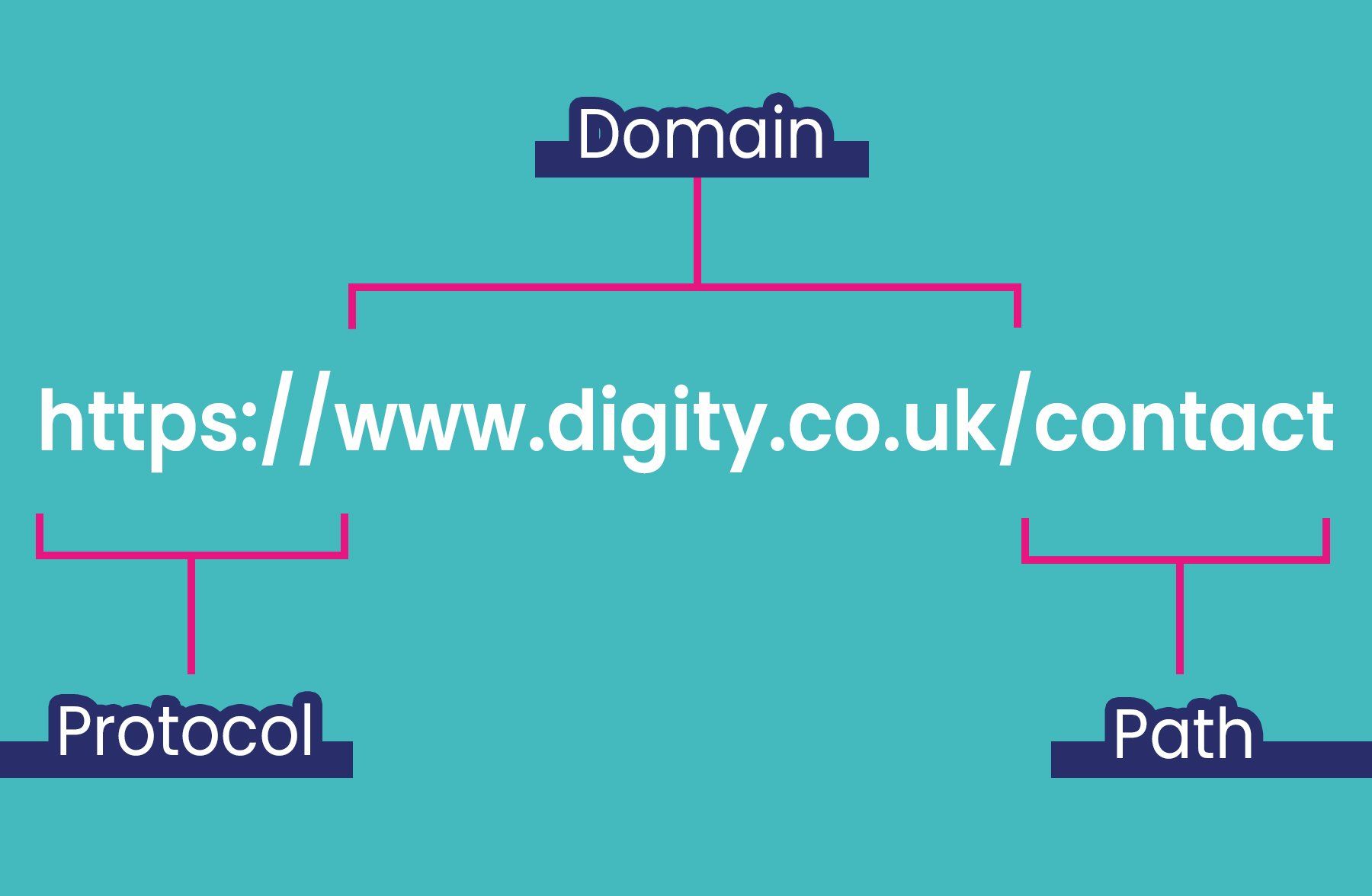📣 HTTP V.S. HTTPS 🔒
Can adding one letter to your URL really improve your website? 💭 We take a look at how a URL works, the difference between HTTP and HTTPS and how using the right protocol in your URL can improve security, boost conversion rates as well as speeding up your website pages loading time .
This blog post was written by:
Find out more
If you'd like to see how our team can help your business, get in touch:





